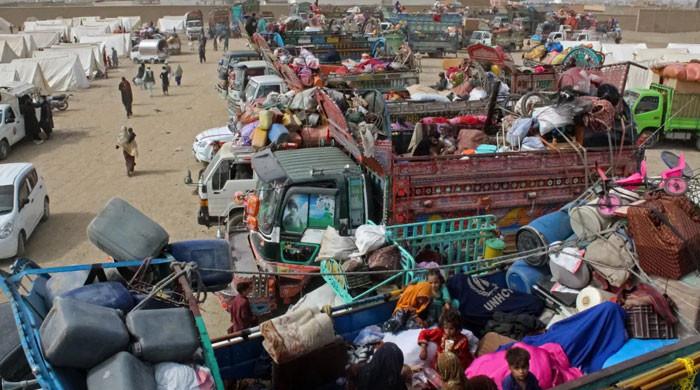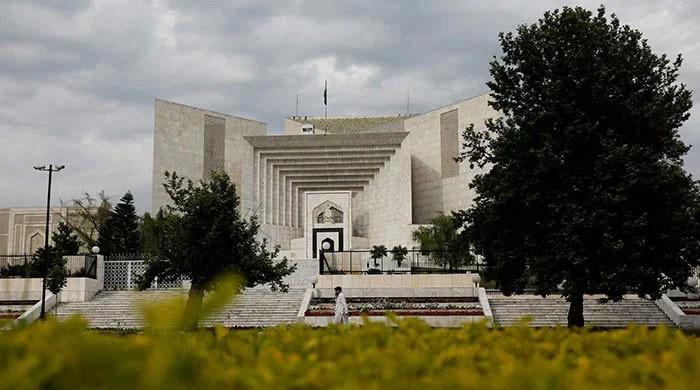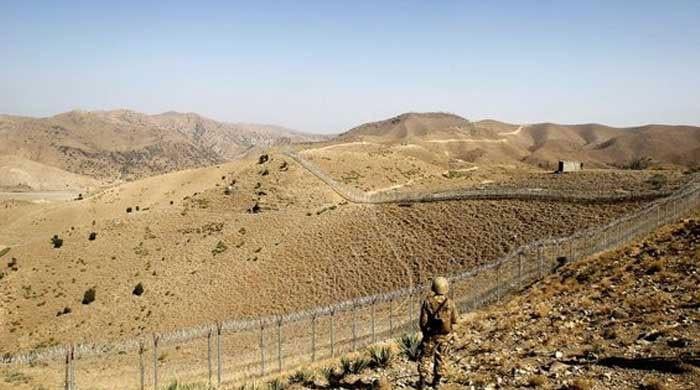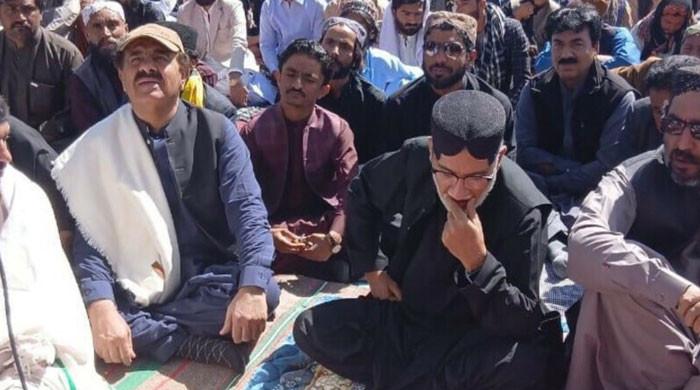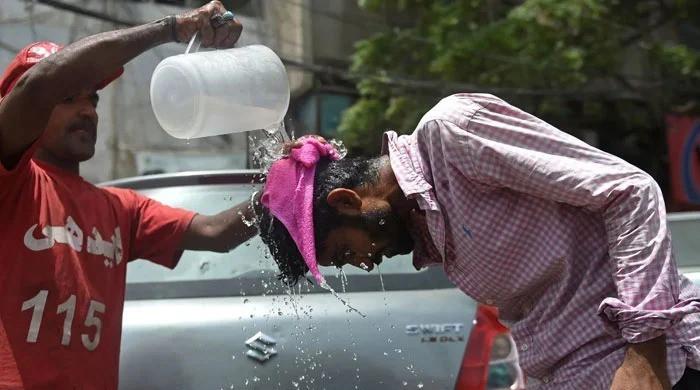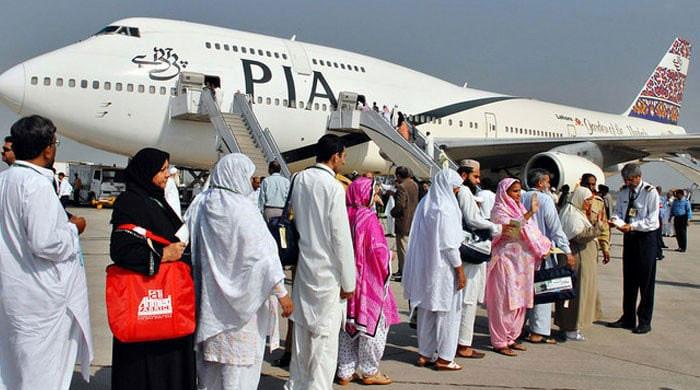Punjab govt to introduce 300 electric buses in bid to tackle pollution
The pilot plan will also aim to roll out all-electric motorbikes and three-wheelers
March 06, 2020
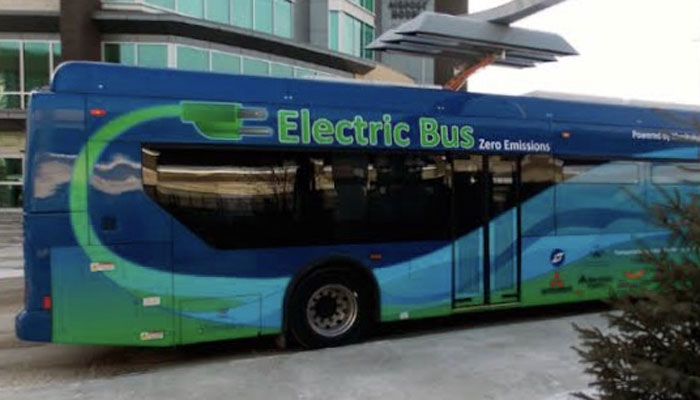
Punjab residents will soon be provided 300 battery-powered buses, the province's transport department has announced.
Besides the new fleet of buses to be introduced this year, a pilot plan to revamp transportation will see a roll out of all-electric motorbikes and three-wheelers in the province of over 110 million.
Punjab’s transport secretary Asad Gilani told Geo.tv that the initiative is part of a wider government policy to cut down on emissions and pollution in the country. Three of Punjab's cities – Lahore, Faisalabad and Gujranwala – are constantly ranked in the 30 most polluted cities in the world, according to data by AirVisual.
“There are two models of buses we are looking at, the eight-metre and the 12-metre long bus,” said Gilani. “We are more inclined towards obtaining the eight-metre one though.” He went on to say that the Punjab government is likely to procure these from China and Austria.
At the moment, there is no set timeline for when these buses will begin plying the roads, but according to the secretary, the plan is to “introduce them before smog descends on Lahore”.
Lahore, Pakistan’s second largest metropolitan city, has a population of 11 million, but only 300 public buses and 500 mini-vans, as per the Lahore Transport Company (LTC). “The city needs at least 1,500 public buses to meet its need,” Shehryar Hassan, a senior official at the LTC, had told Geo.tv earlier.
However, as of November, there are only 45 state-owned buses on the roads, as the contract for the remaining has expired.
For the new zero emission buses, battery recharging stations will have to be set up in Lahore and the other divisional headquarters of the province. A single bus will need to be charged for six hours before it can run the entire day.
Read more: For Lahore, are electric trams in the pipeline?
In this regard, one criticism often directed at the provincial government is that with rolling black outs in the country, how will it run an electric transportation system? Gilani begs to differ.
“There is a misconception that Pakistan has an electricity shortage,” insists Gilani. “We have excess capacity which is often underutilised.”
Simultaneously, the government is also working on introducing electricity or battery-powered trams in Lahore. The feasibility study for the project has now been completed, said officials of the transport department. “However, we are waiting to see if we can secure funds for it,” said the secretary.




